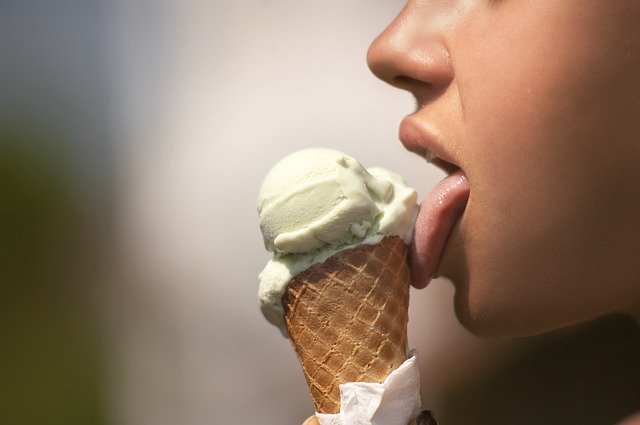 JB: “Have you ever heard of a practice called Tongue Diagnosis? It’s a way of diagnosing problems with different organs in your body by looking at your tongue. Is this scientific and can Catholics use it?"
JB: “Have you ever heard of a practice called Tongue Diagnosis? It’s a way of diagnosing problems with different organs in your body by looking at your tongue. Is this scientific and can Catholics use it?"Yes, I’ve heard of it, and no, it’s not scientific and should not be used by Catholics to diagnose disease.
For those who have never heard of it, tongue diagnosis derives from a form of Traditional Chinese Medicine (TCM) known as ayurvedic medicine. It consists of reading the color, texture, and shape of the tongue in order to determine a disorder in a particular organ. Although maps of the tongue differ from one practitioner to another, the heart is said to correlate with the tip of the tongue, the middle correlates with the stomach, the back portion of the tongue with the kidney and intestines. These three sections correspond to the three doshas – Vata, Pitta, and Kapha – which are “biological energies found throughout the human body and mind” that allegedly “govern all physical and mental processes and provide every living being with an individual blueprint for health and fulfillment.”
Practitioners typically look for discoloration or sensitivity of the tongue in a particular area; for example, a tongue with cracks in the surface indicates dehydration; ulcers on the stomach area of the tongue mean gastric or peptic ulcers, etc.
Those who promote it offer no scientific substantiation for these claims, saying only that “tongue diagnosis is an ancient art.”
This “ancient art” belongs in the history books, not the doctor’s office. Even though the tongue is known in conventional medicine to provide clues to health - such as a smooth tongue signaling certain nutritional deficiencies, a hairy tongue indicating possible HIV-infection, or ulcers a possible sign of systemic illnesses or cancer – there is no evidence of a correlation between areas of the tongue and body organs.
According to Dr. Harriet Hall of Science-Based Medicine, “In a 2008 study, TCM practitioners were shown photos of tongues and filled out questionnaires. There was very poor inter- and intra-practitioner reliability even for simple dichotomous choices.”
She cited an article entitled, “Why Traditional Chinese Medicine Diagnosis is Worthless,” in which author Stephen Barrett, MD, concludes that “TCM theory and practice are not based upon the body of knowledge related to health, disease, and health care that has been widely accepted by the scientific community. TCM practitioners disagree among themselves about how to diagnose patients and which treatments should go with which diagnoses. Even if they could agree, the TCM theories are so nebulous that no amount of scientific study will enable TCM to offer rational care.”
The bottom line is that tongue diagnosis is based on imaginary concepts, not reality, Dr. Hall concludes. “If they want to bring them into the real world of science, perhaps the place to start would be to pick just one of the spots on the wrist or tongue that are said to represent a given organ and test whether that claim is true.”
Because they have not done so, and tongue diagnosis remains outside the realm of science, it should not be used by Catholics for the diagnosis of disease simply because it is unproven, it doesn’t work, and it could lead to erroneous diagnoses that might leave serious conditions untreated or, at the very least, leave one’s wallet seriously depleted.
© All Rights Reserved, Living His Life Abundantly®/Women of Grace® http://www.womenofgrace.com
